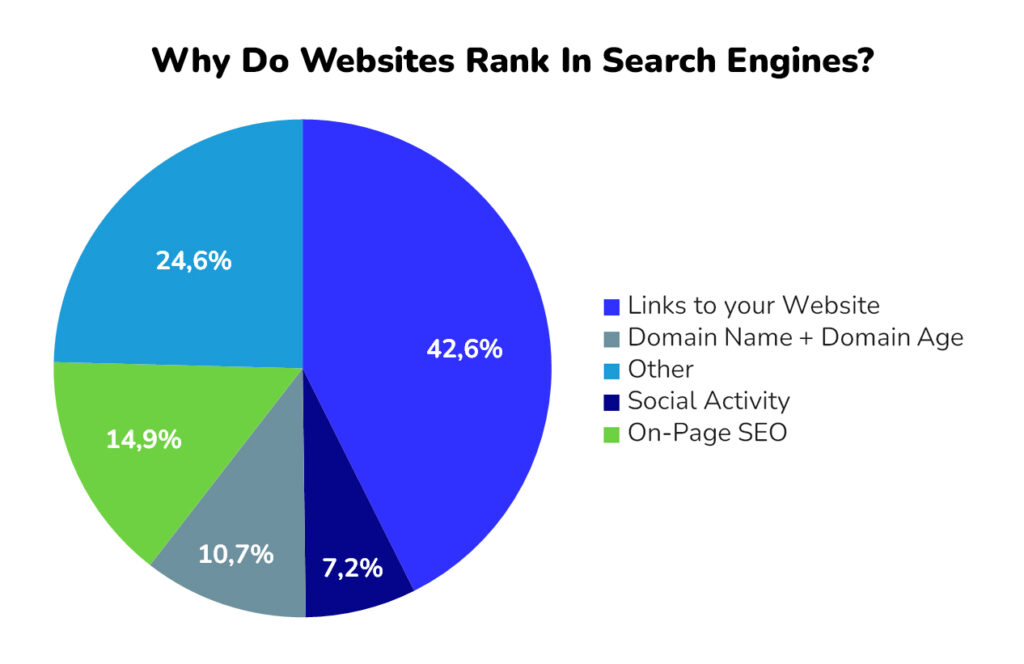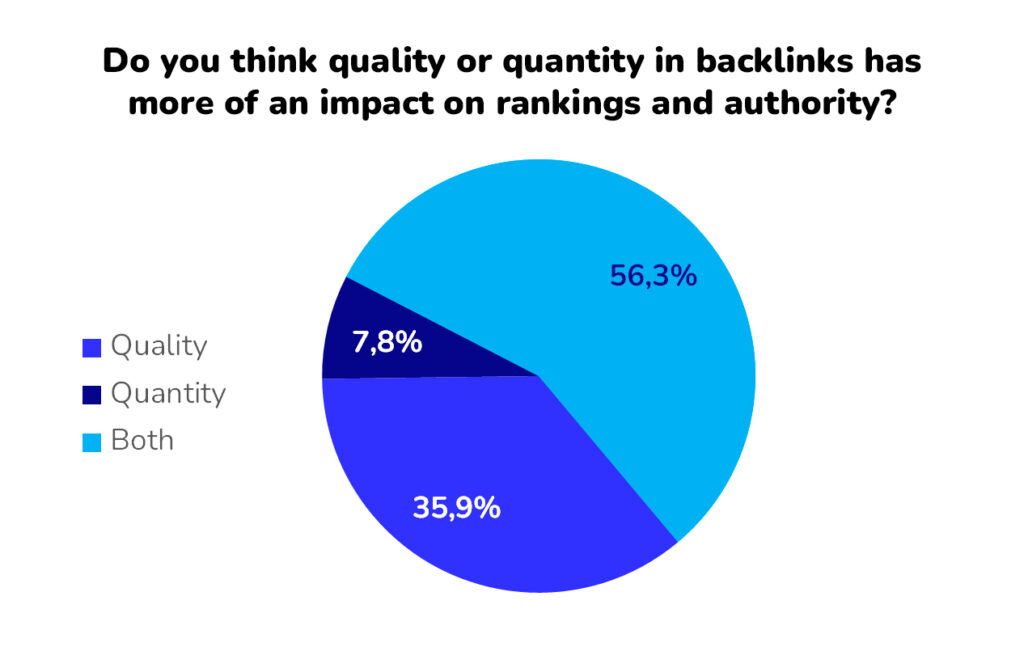One of the most important SEO terms that is necessary to know for fundamental understanding of how SEO works is link juice: value or equity passed from one site to another in a link. Although Google doesn’t disclose exactly how much weight link juice has in its ranking algorithm, all practical observations says it’s a lot.
Today, let’s talk link juice and how it impacts SEO.

A Bit or History
The idea of link equity was introduced by Google’s co-founders, Larry Page and Sergei Brin back when they were PhD students at Stanford. In 1998 they published a paper about page ranking called “The Anatomy of a Large-Scale Hypertextual Web Search Engine”. It essentially laid out a foundation for what was to become Google’s ranking algorithm.
The term Link Juice itself appeared later, when SEO specialists sought to explain the concept of passing authority from one site to another as it was seen by PageRank. The phrase caught on and has since become ubiquitous in SEO discourse.
Defining Link Juice
Today, link juice still determines the value of equity passed from one website to another through a placement of a hyperlink. Even though today’s version of Google’s page ranking algorithm includes dozens of criteria, general consensus is that link juice is one of the most important.
In Google’s calculations, each link is seen as a vote of confidence and a form of endorsement. If the link source itself has a lot of authority, its voice has more weight. Thus, a link from a source like national media or Wikipedia or a leading industry expert blog carries a lot more link juice than a reddit comment.
So, in a way, the quantity of link juice defines the link quality. According to the majority of SEO experts, link quality is more important:

5 Ways To Increase Link Juice
The only factor that affects the amount of link juice that you can’t directly influence is the Domain Authority of the link source. So, it’s wise to say that you can start with selecting higher-ranking sources. However, regardless of the linking page’s authority, there are things you can do to increase the amount of equity passed:
- Create High-Quality, Relevant Content
If the same source links to two pages where in one case the content is unique, more engaging and relevant, it will receive more link juice.
- Use Well-crafted Anchor Text System
Make sure you use proper Anchor Text ratios and types, diverse texts and avoid overoptimization. Even if you’re being linked from a source with high DA, but the anchor text is repetitive and exact-match, it can greatly decrease the potential amount of link juice you can receive.
- Create Guest Blog Posts
Since the context where your link is placed also affects the amount of equity passed, you can take it into your own hands. Guest blogging is a fine way to ensure both the relevance between the linked page and the source and the quality of source content.
Serpzilla is a perfect platform to start a guest blogging campaign, with its powerful guest posting and outreach automation features.
- Implement Strategic Internal Linking
Internal links also pass link juice! So, if one of your pages receives a lot more love in the form of backlinks than others, you can share it by installing a clever network of internal links. It is also a great chance for you to cover keywords that you have trouble otherwise ranking for and to highlight rarely visited pages.
- Opt for Cumulative Effect
When it comes to link juice, 1 + 1 can easily equal 4 or even 10. Meaning that several good backlinks to the same page together pass more link juice than each of them separately. When Google sees that several good sources link to you using varying anchor texts, with high relevance, it views it as extra confirmation for your content quality in response to a query and gives extra points just for that.
Conclusion
When it comes to SEO, link juice is the lifeblood of internet visibility and influence. Through strategic hyperlink placements, quality content, and engagement, this valuable asset empowers web pages to rank higher for targeted keywords.
The principles behind Link Juice were laid down when SEO was just starting out as a science it is now, and they still dictate the ebb and flow of web traffic and the dynamics of online authority.
Understanding how link juice works and following the best practices described here will help you to improve your SEO – and your online influence.









